Dogs have been trained to help with a variety of tasks, but this project might be the biggest yet! Learn how dogs are helping to sniff-out an invasive species.


Dogs have been trained to help with a variety of tasks, but this project might be the biggest yet! Learn how dogs are helping to sniff-out an invasive species.

Roses are red…or are they?
While flowers may appear one way to us, it turns out they are hiding secret patterns that our limited eyes cannot detect. But that’s OK. Those hidden patterns aren’t for us. They are for the pollinating insects flying by.
Hidden in the ultraviolet spectrum of light, this article explains the functions those designs serve and provides examples of flowers in different lighting conditions.

Have you ever seen the color “olo?” Unless you are one of only five people on the planet who have, the answer is ‘no.’
Recently, researchers achieved the unusual feat of stimulating the eye in such a way as to allow it to see a color outside the range of normal human vision. This work is brand new, but scientists hope that it will lead to new vision treatments and help us to better understand how animals see the world.

Did you know about 6,909 distinct languages are spoken worldwide? However, some experts predict that half of current languages will be gone by 2100. So, what is the future of language? Are we headed toward a world where everyone speaks the same language?

During these isolating times, outdoor areas can offer a safe space to explore while practicing social distancing and taking proper safety precautions. Skim the article and choose two locations to learn more about.

An old and dilapidated house being reclaimed by greenery. Creaky floorboards and shifting walls that seem to groan. Intimidating exterior looming in the darkness. All possible elements of a “haunted house,” but what exactly do we find so scary? Read on to discover a psychologist’s take on the subject.
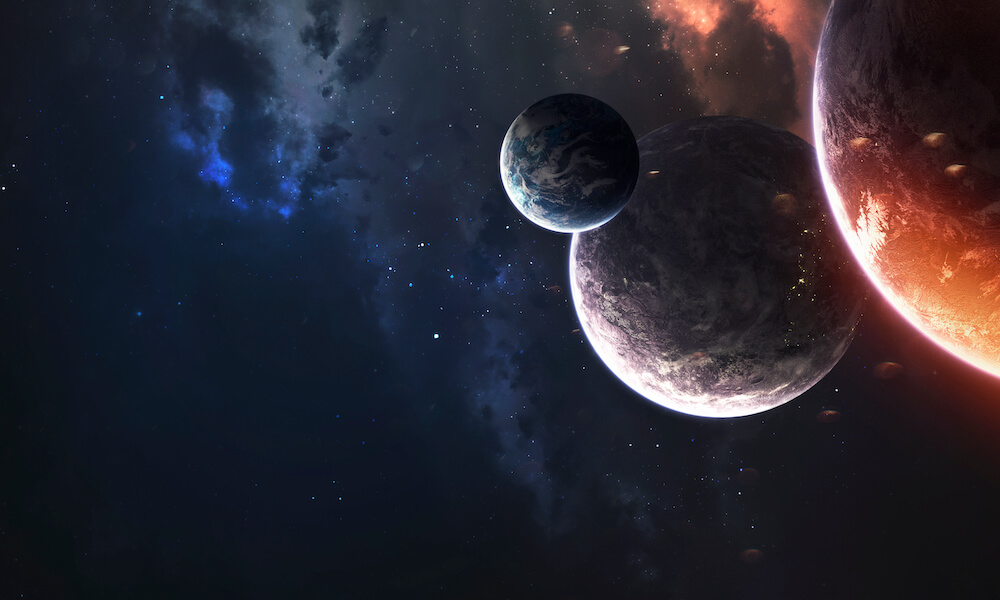
Could humans have a future on Mars? 3D-printed construction tools, designed for building structures on other planets, could make existence on Mars possible.

| Across the world, women are making groundbreaking strides in science and technology. This growing movement challenges outdated norms, celebrates innovation, and empowers next generation women to shape the future of STEM. |

| Some people may believe they have all the facts and make bold decisions with only half the story. Here’s your reminder that in order to think smart, you should think twice. |

| All around us, nature runs on a finely-tuned schedule. However, extreme weather events are throwing off that schedule, prompting scientists to uncover some of the risks to our ecosystem. |
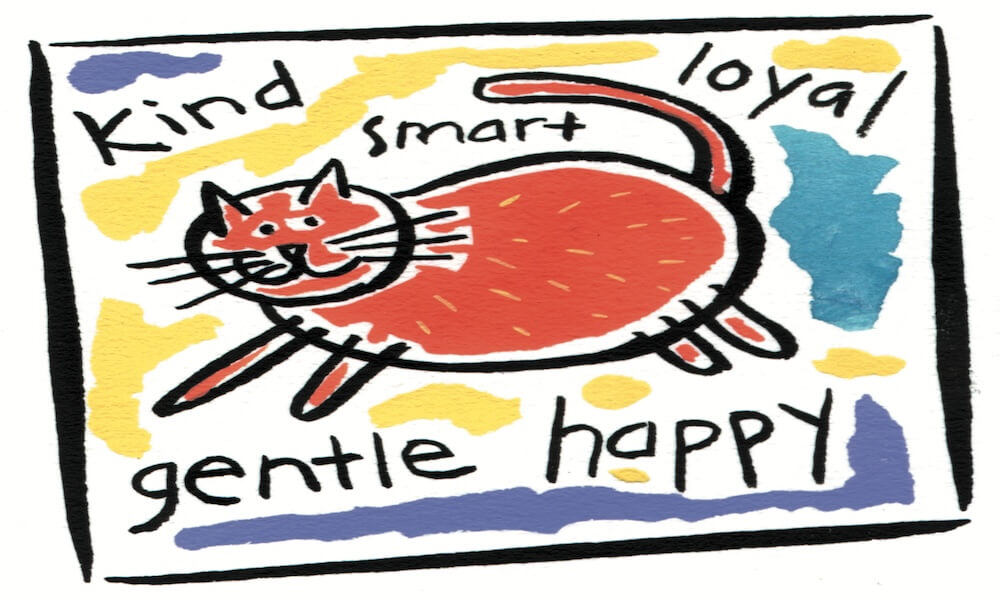
| Being smart isn’t just a human thing. Some creatures use tools, solve puzzles, or even learn new languages. These animals show just how clever nature can be. |
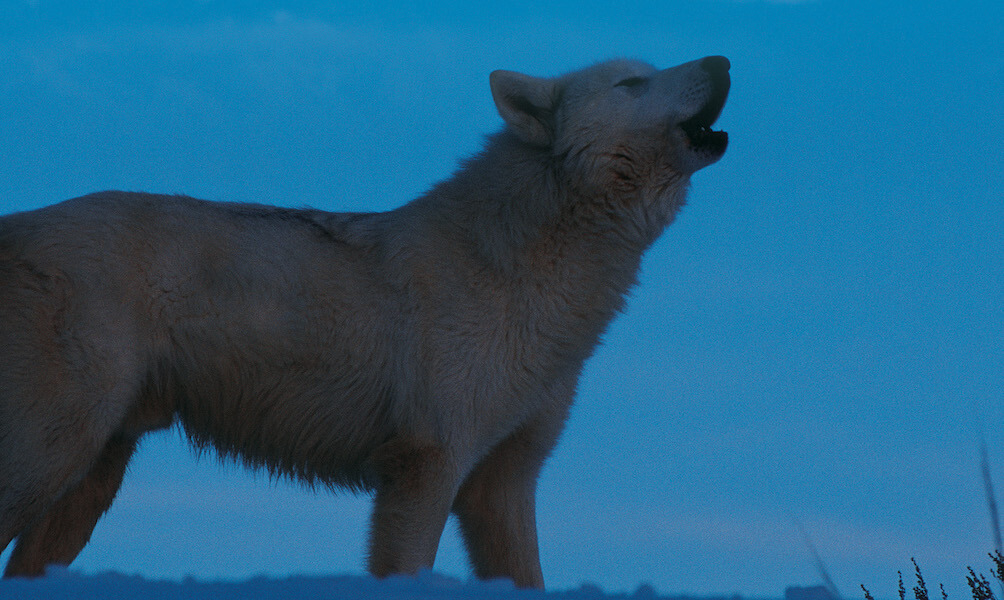
Can a species extinct for thousands of years truly be revived? Learn about the science behind this biogenetic discovery.

| What do a pug dog and a Persian cat have in common? No, it’s not just their adorable “smushed” faces. Find out how these species resemble each other more than their own wild ancestors. |
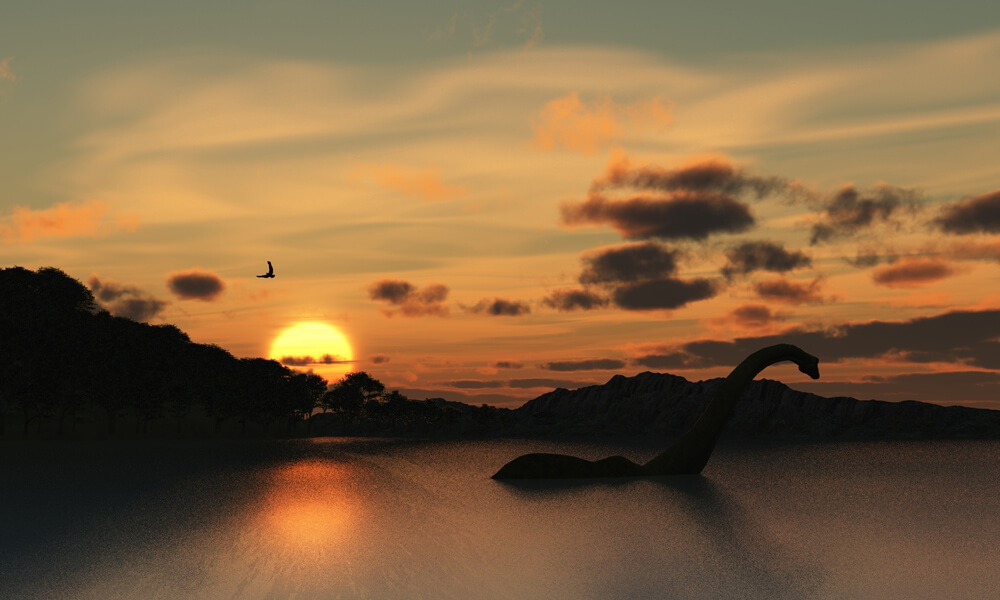
On May 2, 1933, the newspaper Inverness Courier ran the first story of a couple who claimed to have seen “an enormous animal” splashing around in the local lake. Over the subsequent 92 years, the legend has only grown. What about you? Do you think there is something in Loch Ness? What convinced you?
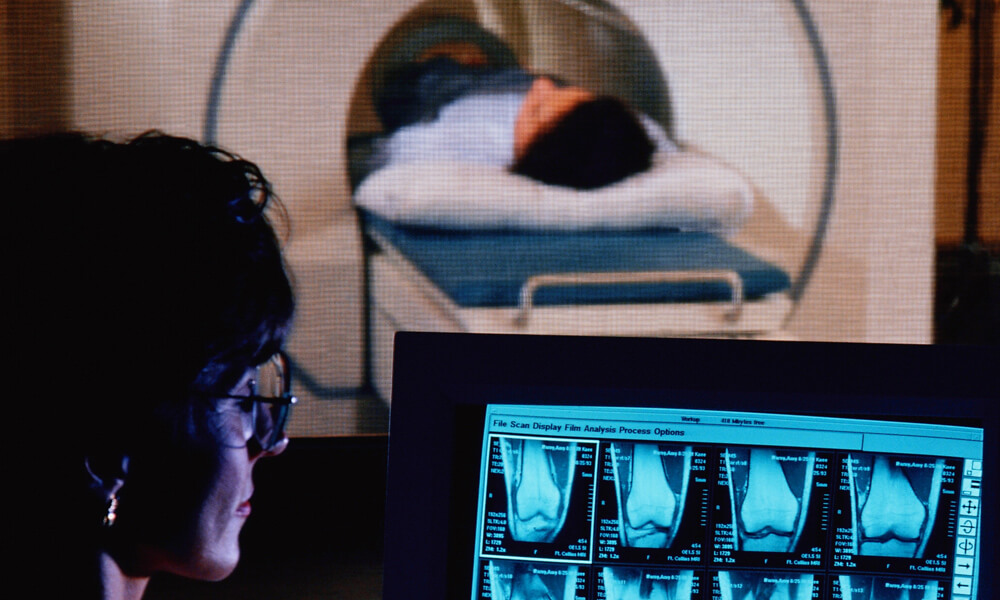
In what’s expected to soon be commonplace, artificial intelligence is being harnessed to pick up signs of cancer more accurately than the trained human eye. This latest AI model has a near 100% success rate and serves as a clear sign of things to come.
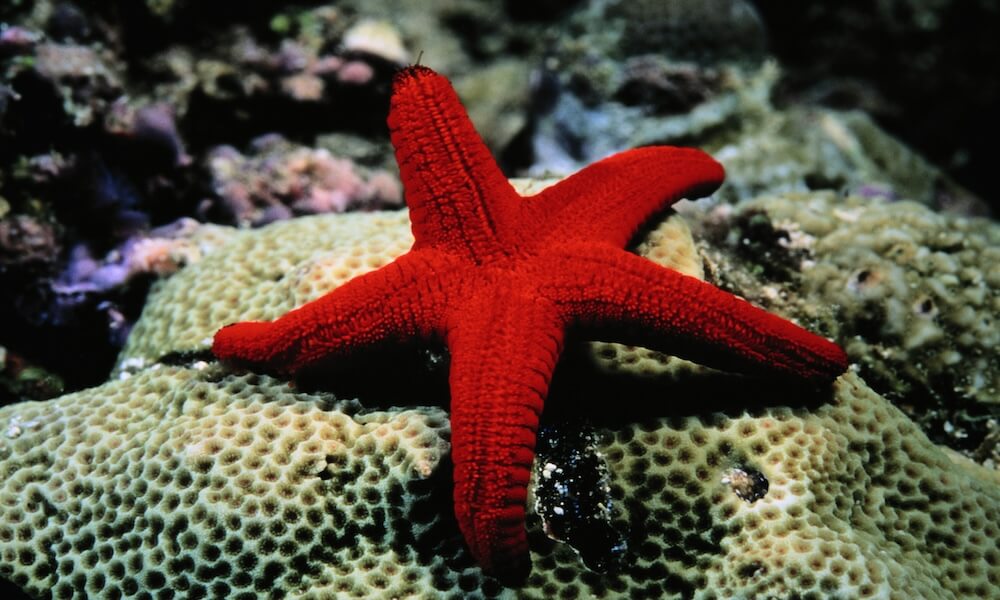
Scientists have discovered that certain sunscreen chemicals can cause coral bleaching and even damage marine life. But is sunscreen really a major threat to ocean ecosystems, or is something else to blame?

Linguistics isn’t just about ancient languages, it’s shaping the future of AI and unlocking the secrets of animal communication. Researchers are now using AI to decode the sounds of whales, bees, and other species.

Have you ever made a great discovery, only for someone else to take the credit? That’s what happened to these women in science.
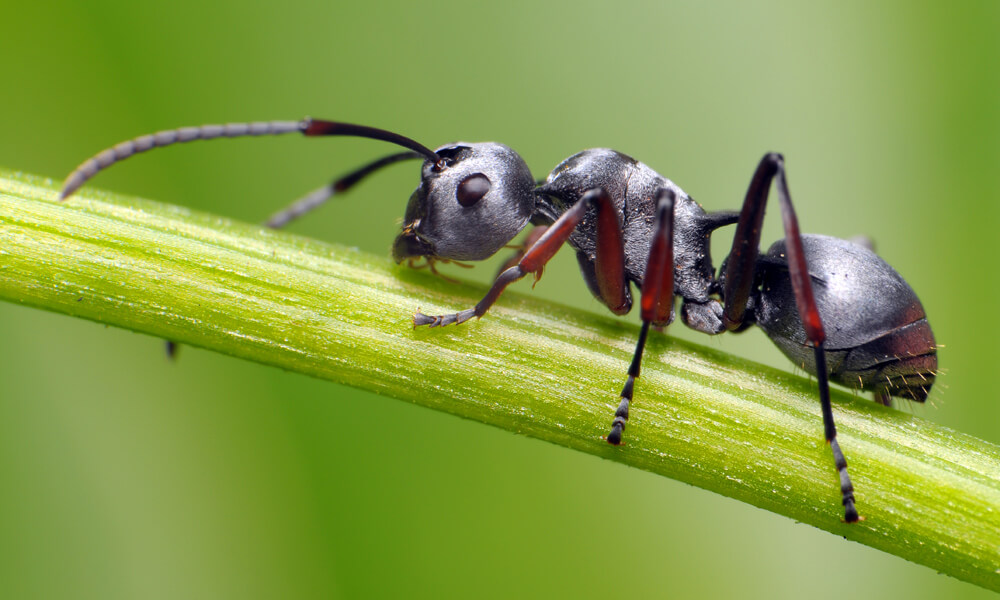
Some animals and insects are able to camouflaged themselves in various ways to help them hunt—or avoid being hunted. One assassin bug takes it to a scary new level, though. Read about the bug that covers itself in dead bodies in order to hunt its prey!

“Recognizing our accomplishments fuels motivation, growth, and success.” Read this article to learn about the importance of celebrating achievements and how the very act of celebrating can lead to greater success in the future.